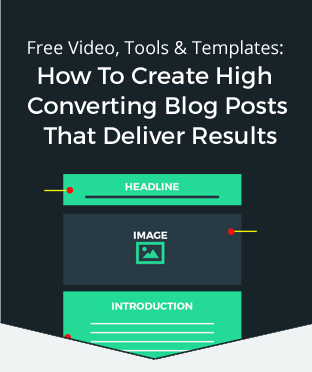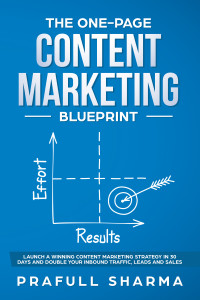B2B Marketing and SEO: Do You Get It?
Search engine optimization, or SEO, is not a new concept. The process of using keywords in content creation in order to maximize search results has been around in the marketing world for a while now. However, as technology changes, so too does the way B2B marketing for SEO is used in the industry. With a longer buying process and unique customer base, there remains a lot to learn in the business.
Effective SEO takes time; B2B companies are aiming to rank well, but also keep up with an ever-changing process. Although general SEO practices can be helpful in mainstream marketing, the B2B world has its own unique process from the research all the way through to the close of the sale.
The B2B buying process has changed over the years and potential customers now hold much of the power thanks to advanced technology. Most research and reviews is done without much, if any, personal contact throughout the process.
As the “salesman”, in the traditional sense, continues to be pushed to the background, B2B marketing and SEO have to work harder (and smarter) in order to reach the customer. Here are some questions you need to ask when producing content for SEO:
- What should be the length of my blog content? Studies have shown that blog posts needs to be about 1,500 words in order to rank higher on the SEO scale. This does not mean, however, that keywords should be stuffed to overflowing.
- How do I make my content shareable for backlinks? When content is readily available to pass on, such as a PDF or an infographic, there is no limit to how often it can be passed around. Make sure to promote your content through Facebook, LinkedIn and other social media. Ask other publications to link your content, or offer your expertise as a guest blogger in order to get your company’s name out and build quality backlinks.
- What should SEO optimized content look like? Use keyword phrases in your title instead of your company name. Your title should be about 55 characters in length. As search engines look at individual pages, every piece of content needs to be optimized for keyword usage. Also, you need to do a keyword analysis to make sure that your content is attracting the right customer audience.
What Customers Expect
- Faster page loads: Almost half of consumers are coming to a web search with the expectation that they will not have to wait long for a page to load. If more than 2 seconds passes, a potential buyer may move onto the next possibility.
- A personal experience: A potential customer needs to know that the content and information is geared specifically toward him or her. In a world of quick searches, scanning for information, and multi-tasking, keeping content personal is key. Create buyer personas and produce content to match with your customers goals, needs and aspiration.
- Real solutions: Buyers re looking for solutions to their problems, and they do not have time to waste in the research journey. Your website should tell them that your B2B company can offer solutions to their specific problems. Map out different stages in your sales cycle and create content for each stage, with a goal to help buyers move to the next stage in your sales funnel.
What Your B2B Business Can Do
- Prepare: Do not jump into content creation unaware. After researching and understanding your target audience, match the message with effective inbound links, meta descriptions, and relevant keywords. Try this handy Local SEO Checklist for some guided direction.
- Be consistent: Contribute valuable information to your social media pages and create blog posts with relevant topics. Create a content calendar to produce content in a consistent manner. Pay attention to the quality of content, more content does not always equal better results.
- Be fresh: How current is your content? A documented content marketing strategy is one way to stay on track with new and updated information as time progresses. This would put you in the minority of marketers, however-only 35% have a documented strategy.
- Pick the right keywords: Look at the existing content of your website. Using your content strategy, look ahead to the content you hope to add in the future. Analyze fresh keywords that can be implemented into content in order to maximize search results.
- Utilize SEO tools for research: Try WordTracker, Google’s Keyword Planner to help in your search for ideas, and Keyword Discovery.
Optimizing B2B marketing SEO can be challenging. Regular maintenance is necessary in an industry that faces changes on a regular basis. As trends emerge, technology evolves, and customers’ needs shift, so too does the requirements for marketers to stay educated and well-informed.
What B2B marketing SEO practices have you learned recently? Is maximizing SEO a top goal for your company?
Share This Story
Get the latest growth ideas, strategies, and best practices delivered to your inbox.
Quick read that helps 7000+ subscribers.








